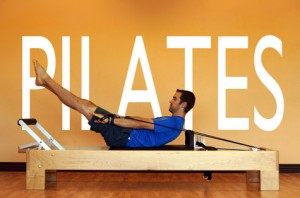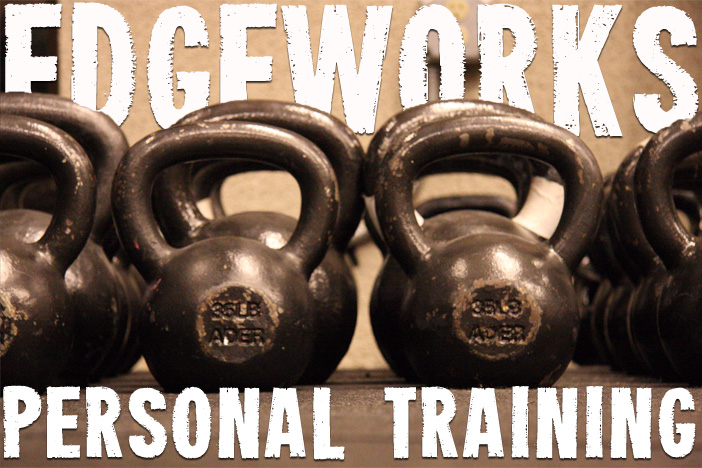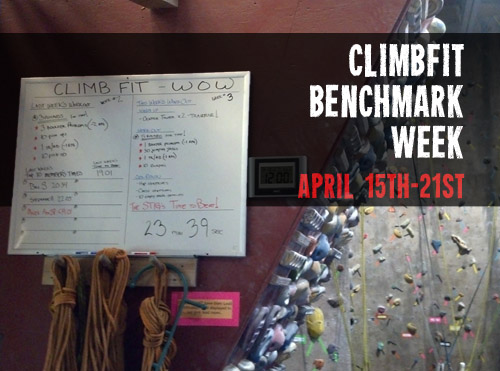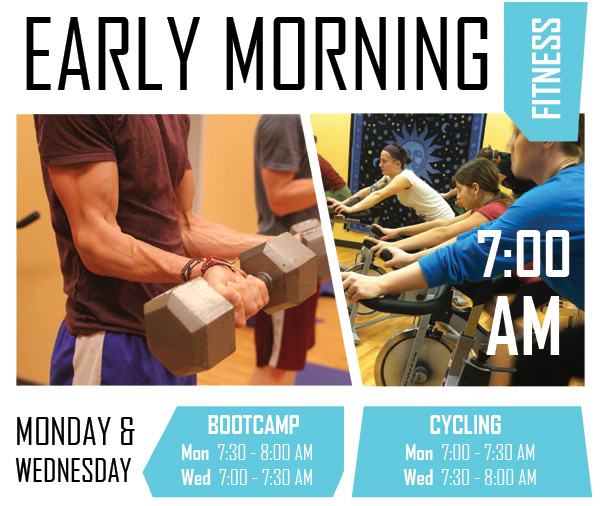Overuse Injuries, Functional Movement Screens, and Core Stability Interventions:

Many of us have heard that elbow and shoulder pain associated with climbing is an overuse injury, but what does this mean and why does it happen? An overuse injury simply means that a joint or muscle is working harder than it can handle. Overuse injuries often happen in joints and small muscles due to a plethora of reasons including, insufficient rest, dehydration and movement compensations. If you have experienced shoulder or elbow pain before, you probably have heard that this pain is just a part of climbing, that climbing is hard on the body, and that injury is inevitable. But have you ever wondered why your buddy who climbs the exact same amount as you doesn’t have pain and you do.
The real question is why are your shoulders and elbows working harder than they should be? While overtraining is a legitimate consideration, climbing itself should not inherently cause injury. In fact, climbing is a natural movement for humans; most of us learned how to climb before we learned to walk. Watch your baby videos…you most likely went from crawling to climbing tables and chairs to walking. So, if climbing is natural, why do we have pain? Your elbow and shoulder pain could be due to faulty movement patterns. Seems crazy to think that hip mobility, thoracic mobility and scapular stability can all effect your shoulders and elbows, but the reality is our whole body is connected and if we have weak hips, then we compensate with other parts of our body…such as the shoulders.
How do we know if we have faulty movement patterns? Research has shown that movement compensations and asymmetries can be identified using movement assessments such as the Funtional Movement Screen (FMS), and that likelihood of injury can be predicted based on the results. Further, research has shown that core stability and mobility exercises can be administered to correct weaknesses and significantly decrease the rate of injury.
Several studies have examined the relationship between FMS scores and the incidence of injury. The Functional Movement Screen as developed by Gray Cook consists of seven tests including: Deep Squat, Hurdle Step, In-Line Lunge, Shoulder Mobility, Active Straight Leg Raise, Trunk Stability Push-Up and Rotary Stability. One study measured scores of 46 professional football athletes and concluded that a score of 14 or less (out of 21) on the FMS was associated with an 11-fold increase in the chance of injury and a 51% probability of sustaining a serious injury over the course of one competitive season (Kiesel et al).
Number of Injuries Compared to Scores on FMS:
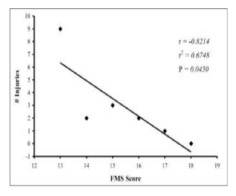
Another study done on D-II female athletes found that of the individuals who had a FMS score of 14 or less, 68.75% of those individuals sustained an injury throughout their respective competitive season. Additionally, 81.82% of subjects who scored at or below 13 and 48.28% of subjects who scored at or below 15 sustained injuries (Chorba et al).
Research has also been conducted on personnel in physically demanding occupations. A study in the Journal of Occupational Medicine examined Core strength as a model for injury prediction and prevention. The researchers used the FMS to assess core stability and mobility in 433 firefighters and then administered appropriate core training over a 12month period. The intervention reduced lost time due to injuries by 62% and the number of injuries by 42% over a twelve month period as compared to a historical control group (Peate et al).
These studies amongst many others all suggest that an FMS score below 14 puts you at a much greater risk of sustaining an injury no matter what activity you are participating in. Gray Cook explains in his book Functional Movement that humans, for the most part, are not born with these compensations and asymmetries; they develop due to repetitive movements that create poor movement patterns and posture, such as sitting. He also explains that once you have determined a need for intervention based on your FMS score that you can target your weakest link, whether it is a mobility or stability issue, and often all of your FMS scores will go up because the body will readjust via its proprioceptive feedback system. So, before continuing to ice and medicate find a professional who can perform the FMS assessment and see if your elbow or shoulder pain is due to faulty movement patterns. Or, if you aren’t having pain yet, get screened to see if you can avoid the “inevitable” climbing injuries.
Marissa Lyons, ACE- PT, FMS level 1
References
Chorba RS, Chorba DJ, Bouillon LE, et al. Use of a functional movement screening tool to determine injury risk in female collegiate athletes. N Am J Sports Phy Ther. 2010; 5(2); 47–54PMID: 21589661. [PMC free article] [PubMed]
Kiesel K, Plisky PJ, Voight ML. Can serious injury in professional football be predicted by a preseason functional movement screen. North Am J Sports Phys Ther. 2007;2(3):147–152. [PMC free article][PubMed]
Peate WF, Bates G, Lunda K, Francis S, Bellamy K. Core strength: a new model for injury prediction and prevention. J Occup Med Toxicol. 2007;2:3. [PMC free article] [PubMed]
